China's Cabinet throws weight behind industry, emphasizing competitiveness
The State Council granted approval to two new nuclear power projects on Friday, and called for intensified support for the innovation and development of the country's nuclear power industry with an emphasis on boosting competitiveness in related equipment and industries.
Approval has been granted for the Taipingling nuclear power project in South China's Guangdong province, as well as the Jinqimen nuclear power project in Zhejiang province, according to an executive meeting of China's Cabinet chaired by Premier Li Qiang.
It was highlighted at the meeting that the security of nuclear power is of utmost importance, emphasizing the need to adhere to the highest global safety standards and requirements while advancing project construction in a well-paced fashion.
The meeting stressed the significance of strengthening safety supervision at every step of the way throughout the nuclear power industry, so as to ensure absolute security without compromise.
A slew of policy measures to promote a people-centered approach to a new type of urbanization were also decided at the meeting.
Efforts on this front will stimulate consumption, spur investment, unleash domestic demand and foster a new development paradigm. Meanwhile, this approach is instrumental in improving people's livelihoods, promoting social fairness and justice, and serving as an essential pathway toward Chinese modernization, according to a readout from the meeting.
Attendees at the meeting agreed that work to grant urban residency to people from rural areas will be high on the agenda, and reform of the household registration system will be moved forward.
Investments in sectors such as education, healthcare, elderly care and housing will be scaled up, to ensure that permanent residents without local household registrations have equal access to basic public services.
Dedicated efforts will be made to meet people's urgent needs and address their pressing concerns, with steps to bridge the gaps in urban infrastructure and public services to be made on a priority basis. By doing so, China aims to enhance the economic sustainability and population bearing capacity of cities, making them healthier, safer and more livable, the readout said.
By the end of last year, China's urbanization rate had reached 65.22 percent, data from the National Bureau of Statistics showed. The rate is predicted to jump to 70 percent by the end of 2030, according to data from the United Nations.










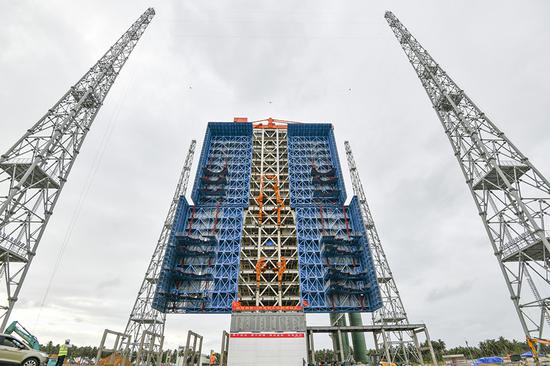

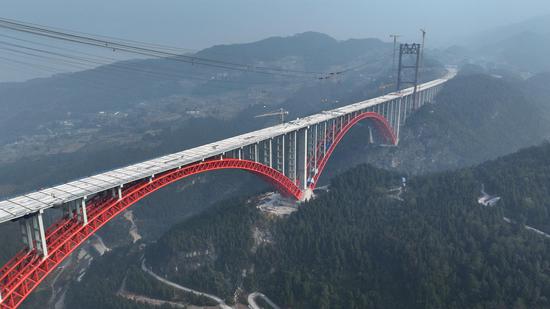
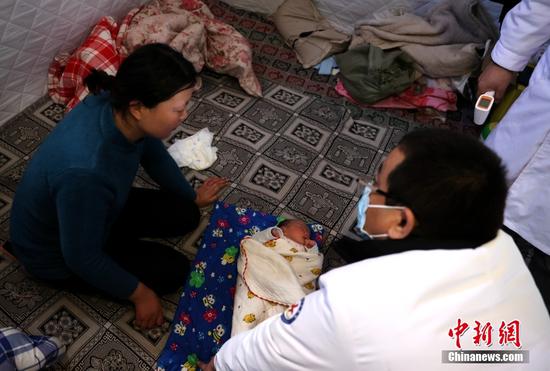


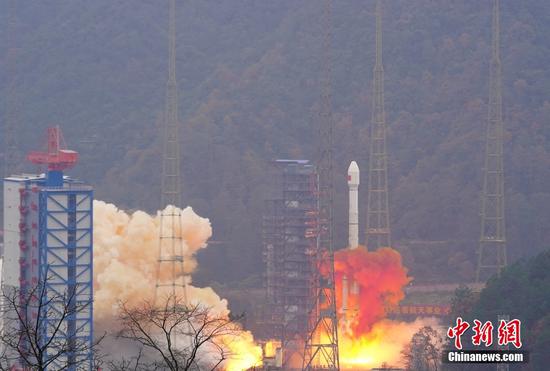
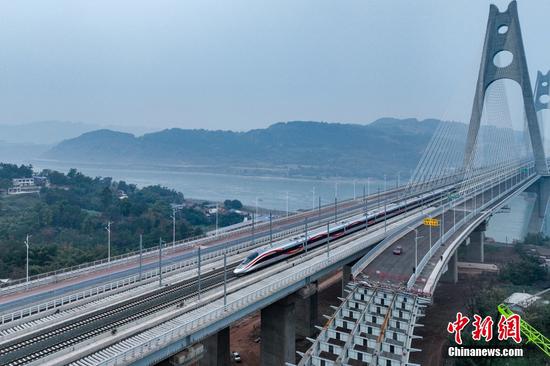
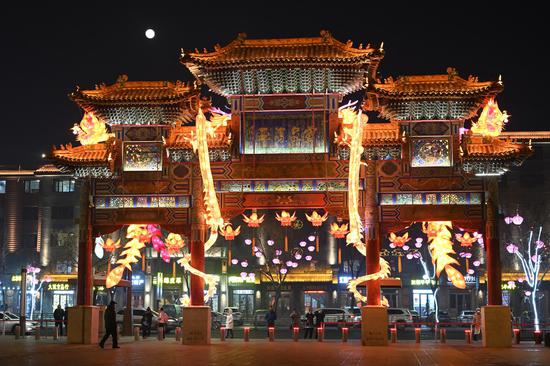


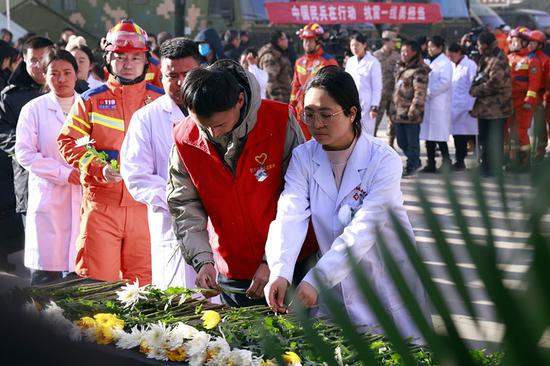
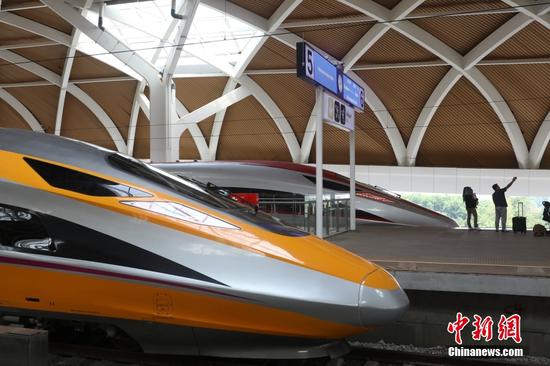



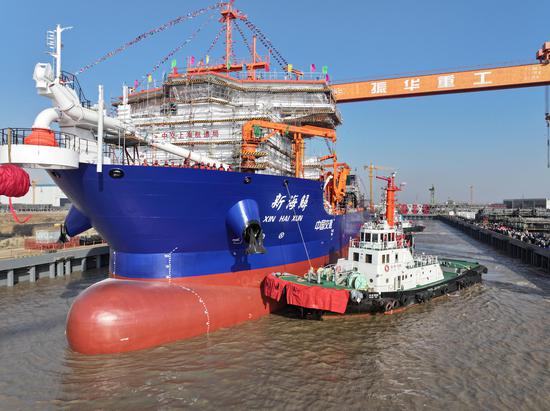
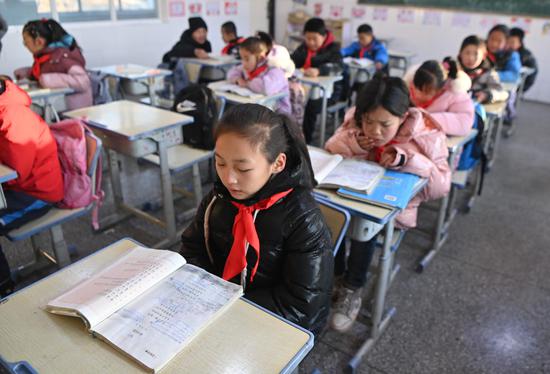



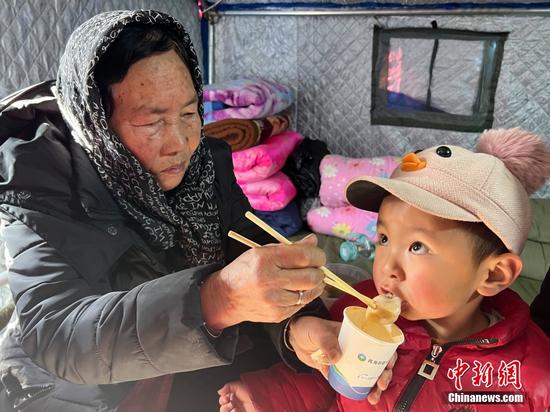


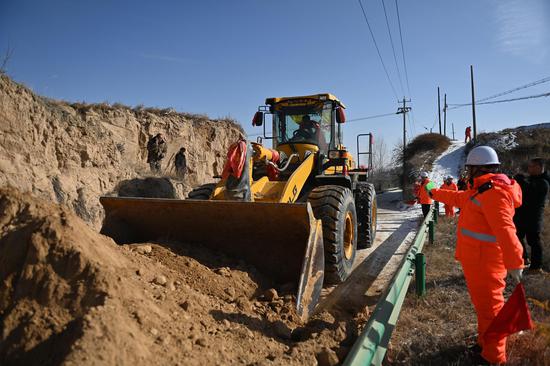
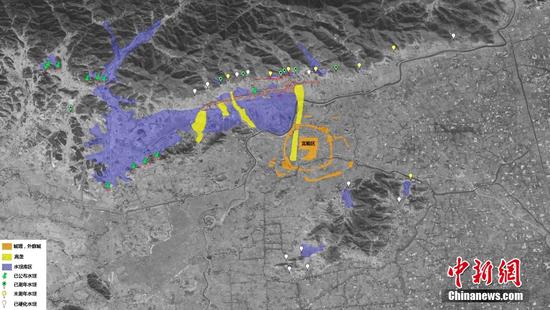
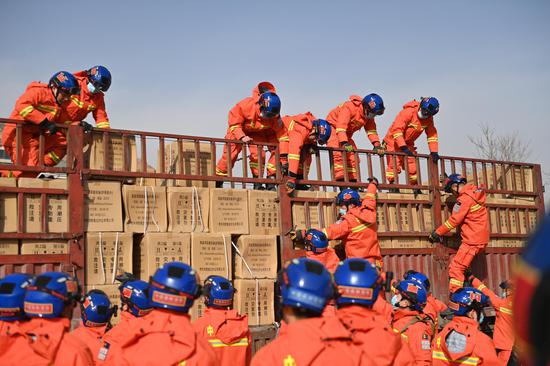

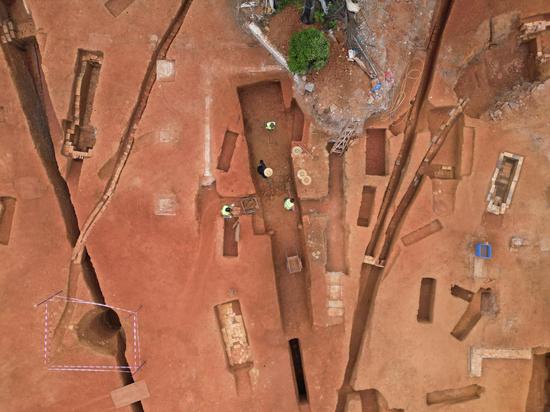


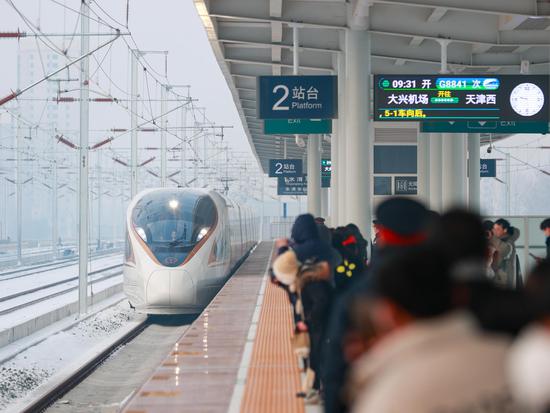

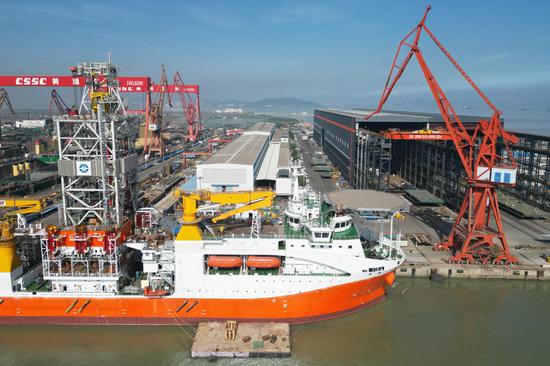






 京公网安备 11010202009201号
京公网安备 11010202009201号